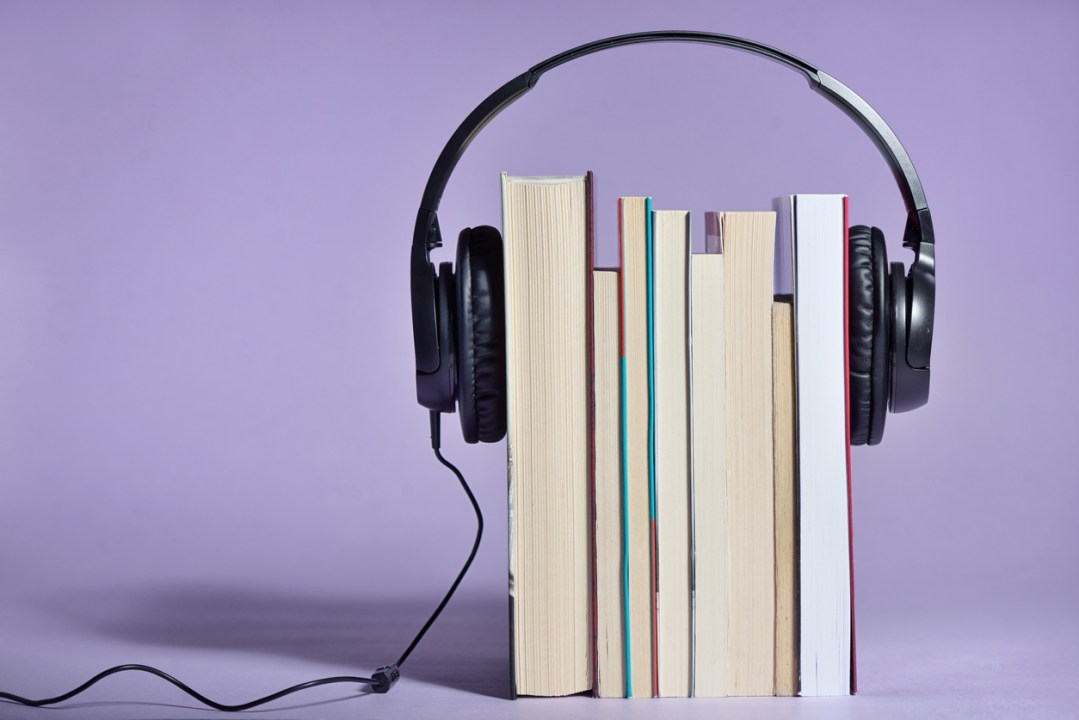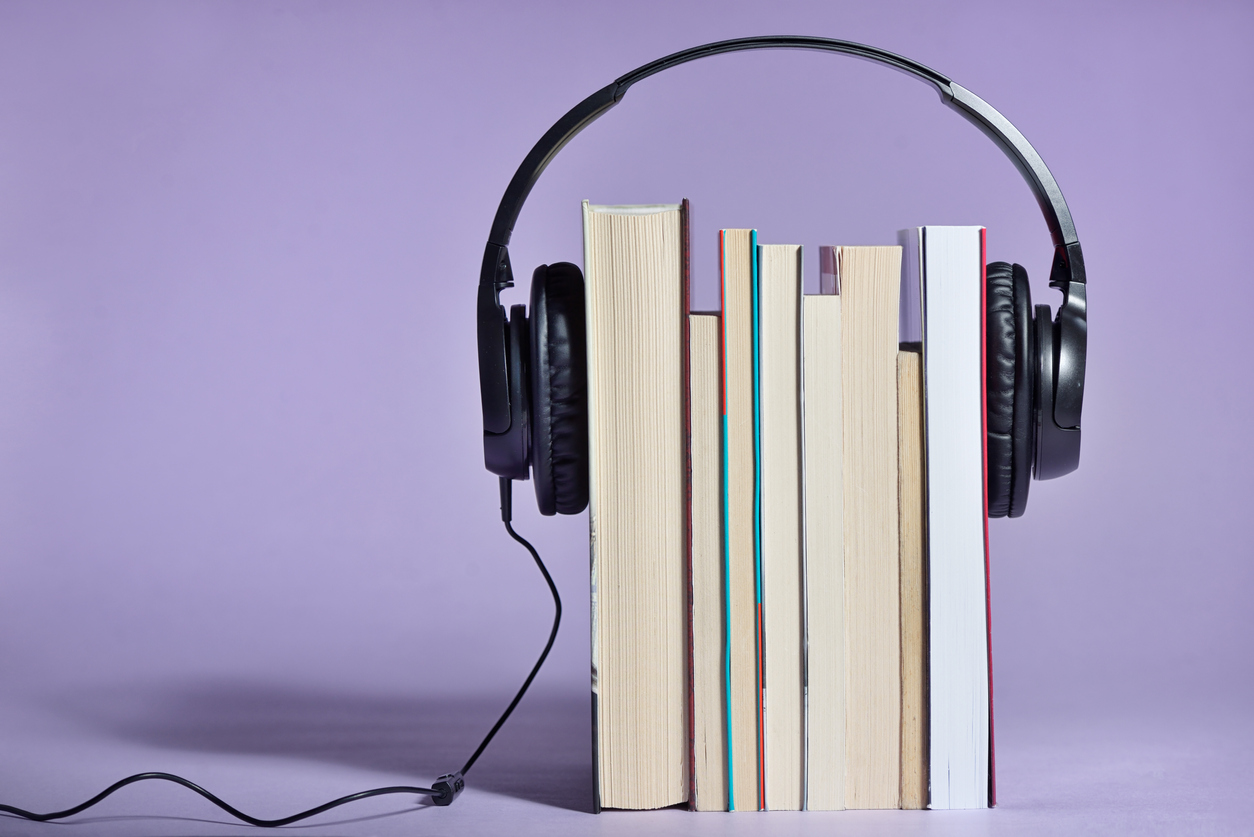Haruki Murakami said that ‘I feel that most of what I know about writing fiction I learned from music.’ Music and literature enjoy a close relationship. Authors rely on rhythm and tone for their writing. So when a writer chooses to incorporate music into their work, it always makes for a powerful moment, connecting the reader in a sensory way to the story.
Music functions as a character in Pride and Prejudice. As a guest at Netherfield Hall one evening, Elizabeth Bennet’s sister Mary gives a performance that is not well received. Her voice is described as ‘weak, and her manner affected.’ Mary, however, remains blissfully unaware of the uncomfortable atmosphere her music provides. She starts to sing a further song, only for her father to interrupt: ‘That will do extremely well, child. You have delighted us long enough.’ Music then makes Mr Collins boast that if he could sing, he would be very good, and that he considers ‘‘music as a very innocent diversion, and perfectly compatible with the profession of a clergyman’. Later in the novel, Elizabeth Bennet is chastised by Lady Catherine de Bough for her substandard piano playing: ‘I often tell young ladies that no excellence in music is to be acquired without constant practice. I have told Miss Bennet several times, that she will never play really well unless she practises more.’ A typically spiteful comment from the acerbic Lady Catherine.
When a writer chooses to incorporate music into their work, it always makes for a powerful moment
A richer appreciation of music takes place in E.M. Forster’s Howards End. The Schlegel family attend a concert in London where Beethoven’s Fifth Symphony is performed. As the movements progress, Helen, ‘who can see heroes and shipwrecks in the music’s flood’ allows her imagination to be taken further. At first, she is not too impressed with the music as it bears ‘a family likeness to all the other beautiful Andantes that Beethoven had written.’ Her mind wanders across the room before a new movement commences and she is refocused ‘as the music started with a goblin walking quietly over the universe, from end to end.’ At the concert, she meets Leonard Bast, an impoverished man who works in insurance. So preoccupied in the music, Helen inadvertently takes Leonard’s umbrella, which prolongs their initial meeting. Leonard’s relationship with Helen becomes complicated but it is memorably music that brought about their connection.
Jay Gatsby’s parties in The Great Gatsby are some of the best examples of music bringing people together. Together, yet, with a tangible tension, as Gatsby rarely attends his own gatherings. Gatsby’s neighbour, Nick Carraway, regularly hears music emanating from Gatsby’s house in the summer evenings, and he is curious about its purpose. So, he is excited when he gets the chance to go to one of Gatsby’s lavish soirees, as he discovers that he is ‘one of the few guests who had actually been invited.’ He reports: ‘By seven o’clock the orchestra has arrived, no thin five-piece affair, but a whole pitful of oboes and trombones and saxophones and viols and cornets and piccolos, and low and high drums.’ Excess, exuberance and heat abound between instruments. F. Scott Fitzgerald paints every chapter with jazz music, using melodies to ease some of the angst that permeates through the novel.
If only the same could be said for music in Kazuo Ishiguro’s short story, ‘Come Rain Or Come Shine’. Ray is visiting his old university friends, Emily and Charlie. Ray has been invited to stay because Charlie thinks Ray will make him look like a good catch by comparison. Charlie lives in a nice abode with Emily and they both have successful careers, unlike Ray who seems to drift from job to job. On his way over, Ray reminisces on his past conversations with Emily, as they had a shared interest in music. He wonders if Emily still enjoys listening to the music they enjoyed as students. Ray talks about Emily with Charlie who takes great joy in telling him that, ‘Just about the only time she ever uses you to belittle me is in this area of musical taste..’ Unexpected and unfortunate events occur when Ray is left alone at Emily and Charlie’s home, with hilarious results. The story is symphonic and perfectly pitched, another masterpiece by Ishiguro.
Music lends itself to the plot of the coming-of-age novel Take Nothing With You by Patrick Gale. Eustace reflects on his childhood, growing up in his parents’ house. His school life was happy but uneventful, until he started playing the cello under the instruction of the legendary cellist, Carla Gold. He loves his new journey through the senses: the sound of the instrument and touch, the weight of the cello against his body.
Other titles that play with music include the brilliant The Noise of Time by Julian Barnes. A fictionalised biography of composer Shostakovich, it highlights the political climate under which Shostakovich was creating and struggling. Zadie Smith’s characters tap dance to music in her novel Swing Time. When Diana Evans published Ordinary People, she created a soundtrack to accompany the novel on Spotify. For non-fiction, the pleasure of reading about music is at its highest in Clemency Burton-Hill’s book Year of Wonder, with suggestions of music for every day of the year, allowing music to come to life for all of us.







Comments